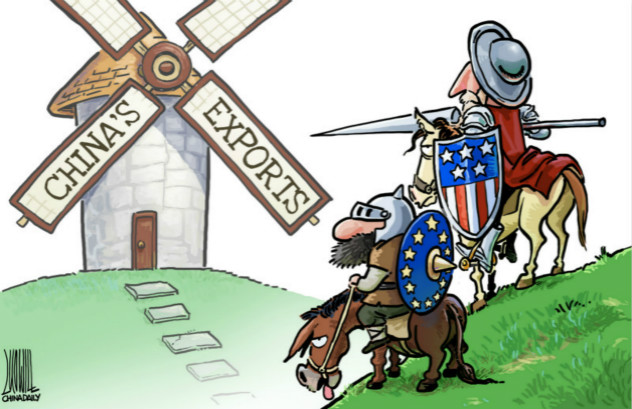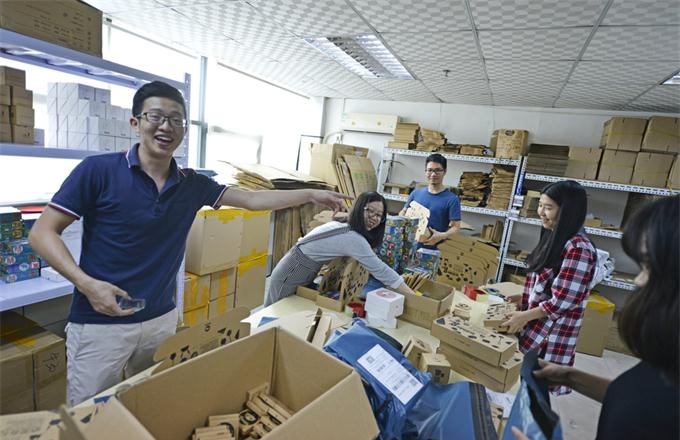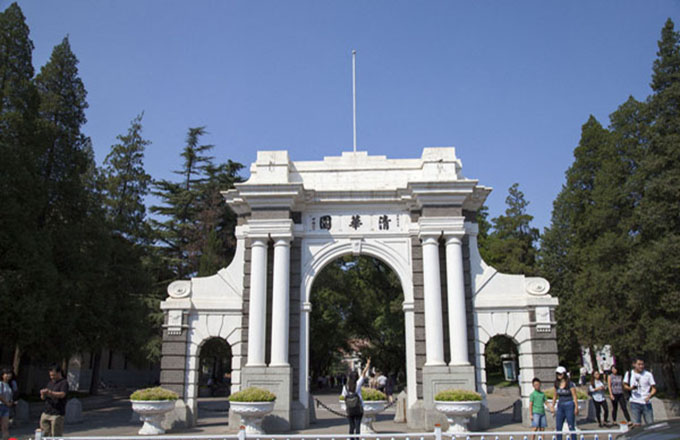Davos sets agenda for 2017, with Xi Jinping at its head
But there are many other issues to discuss at Davos as well.
For instance, the second point on the Davos agenda is to strengthen global governance and collaboration between international actors. The third and fourth points are revitalizing economic growth and reforming market capitalism, while the fifth is to rebuild the worldwide public’s confidence concerning the effects of globalization.
Taken as a package, these five points suggest, given China’s keen interest in these issues, a leading role for Xi in Davos. All eyes are likely to be on what the Chinese president says and does.
Xi has a chance to set the agenda not just for Davos but for the whole world in 2017. He will be rubbing shoulders with not just other political leaders, but also with top businessmen and other figures of global stature. The opportunity to frame debates about the future at what is self-evidently a crucial juncture in the history of humanity is clear.
So, what to suggest as priorities and imperatives for concrete policy discussions under the theme of responsive and responsible leadership at the WEF?
Well, as a background to talks about policy direction, trust-building is critical.
Davos is sometimes called a ‘schmooze-fest’, and not without justification, since it is a venue where elites can relax and get to know each other. Therefore, the foremost priority for President Xi from day one of Davos must be to build relationships with other leaders.
After that, there is any number of current global problems to address. European disunity, Brexit and the Syrian conflict all spring to mind. But these are of shorter-term significance than the long-range issues which need careful planning.
Of less immediate urgency but of more long-term benefit for all are issues such as what might be termed the legitimation crisis faced by political and business elites in many countries. There is discontent in many corners of the world, not least of which in Europe, with the effects of globalization. The Brexit vote in the UK and the election of Donald Trump in the US are clear signals in the developed world of a rising tide of dissatisfaction about the negative effects of cross-border trade.
Xi and the other leaders in Davos need to discuss ways to rebuild a sense of confidence in the complex interconnectedness of the world economy. They need to give global publics a sense of purpose and invest in the project of building win-win synergies via the development of new technologies, infrastructures and trade links which will benefit people everywhere, and not just those at the top of the food chain.
To do this, they need to search for ways to develop the idea of economic growth in an interdependent capitalist market economy as a liberating force for the masses, and not just a way for the rich to get richer at the expense of the poor.
If the Davos elites, with Xi at their head this year, can develop long-term strategies for pulling more of the world’s disadvantaged classes out of poverty by boosting investment in economic growth in both developed and developing countries rather than just pursuing low-cost exploitation of labor and resources. That might be the first step on the path to a year more suggestive of promise than the rather dispiriting one which has just ended.
Jeremy Garlick is a lecturer in international relations at the Jan Masaryk Centre for International Studies, University of Economics in Prague.



















